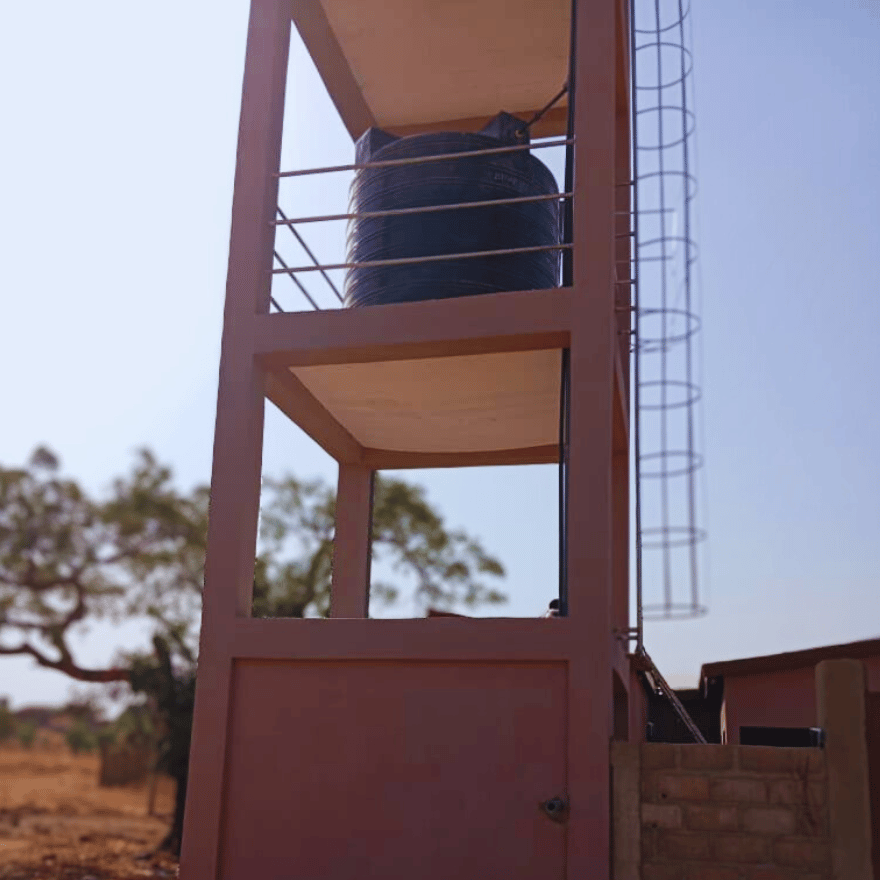Water is the essence of life, a crucial component not only for human survival but for the socioeconomic development of any region. As we aim to achieve global milestones, such as the Millennium Development Goals, ensuring access to clean drinking water remains a cornerstone. However, in the savannah region of Togo, a silent crisis looms.
Recent studies, including research by Gambogou and colleagues in 2021, have unveiled alarming revelations about the quality of borehole water in this impoverished part of Togo. Despite the critical role of borehole technology in improving water supply hygiene, findings indicate that the water from these sources is far from safe.
A Health Hazard Unfolding
In an extensive analysis involving 68 water samples from four prefectures, the results were startling. The majority of the water samples failed to meet EU quality standards, showing contamination by various harmful bacteria. Such contamination points to significant lapses in hygiene practices, with a high percentage of aerobic mesophilic flora and total and thermotolerant coliforms. These findings align with similar studies across Africa, highlighting a widespread issue affecting countless lives.
The
presence of total coliforms and thermotolerant coliforms is particularly
concerning, as these indicate recent fecal contamination. This not only
violates basic hygiene rules but also poses severe health risks, including
waterborne diseases like cholera, bloody diarrhea, dysentery, hepatitis, and
typhoid.
Calling for Action: Hygiene and Awareness
To combat this crisis, raising awareness about hygiene practices is paramount. Initiatives such as public education campaigns, hygiene education programs in schools, and community engagement are vital. Simple actions, like regular handwashing with soap and securing water points, can make a significant difference.
Moreover, addressing the sources of groundwater contamination is critical. Factors such as soil permeability, the depth of the water table, inadequate sanitation facilities, poor waste management, and unsafe water extraction methods contribute to this problem. Promoting the construction of latrines and septic tanks could offer a solution, alongside rigorous water quality monitoring.
 Local efforts to secure water supply: A water storage tank stands above ground in the Savannah region, symbolizing the vital steps being taken to improve access to water. Still, the challenges of water purity and hygiene loom large.
Local efforts to secure water supply: A water storage tank stands above ground in the Savannah region, symbolizing the vital steps being taken to improve access to water. Still, the challenges of water purity and hygiene loom large.
A Call for Urgent Intervention
The situation in Togo's Savannah region is a stark reminder of the challenges faced in ensuring access to clean water. With nearly 90% of boreholes contaminated with harmful bacteria, the risk of gastroenteritis among consumers is high. This crisis calls for immediate action, focusing on improving water quality, continuous monitoring, and innovation in water treatment.
As we strive for a future where clean water is a given, not a luxury, the findings from Gambogou et al. (2021) serve as a critical call to action. It's time for collaborative efforts to turn the tide, ensuring the health and well-being of Togo's Savannah region's residents.
In Summary
The water crisis in Togo's Savannah region is a critical issue that demands immediate attention. The findings from recent studies highlight the urgent need for improved hygiene practices, better sanitation infrastructure, and comprehensive water quality monitoring. Together, we can ensure that the fundamental human right to clean water is a reality for all.
This blog post aims to shed light on the pressing issue of water quality in Togo's Savannah region, inspired by the detailed research of Gambogou et al. (2021). By raising awareness and calling for action, we hope to contribute to the efforts to improve the lives of those affected by this crisis.
Read the full study by Gambogou et al. (2021) for more in-depth information.